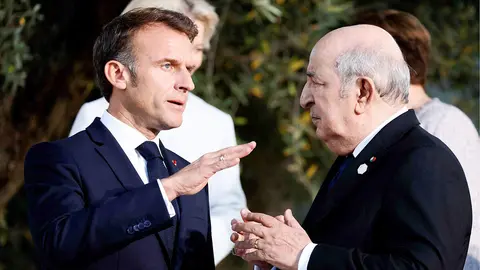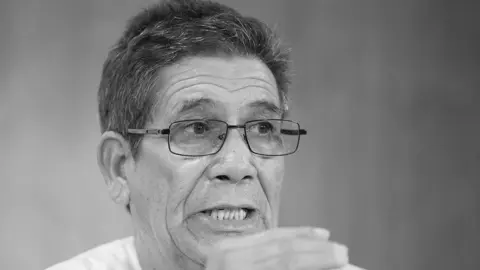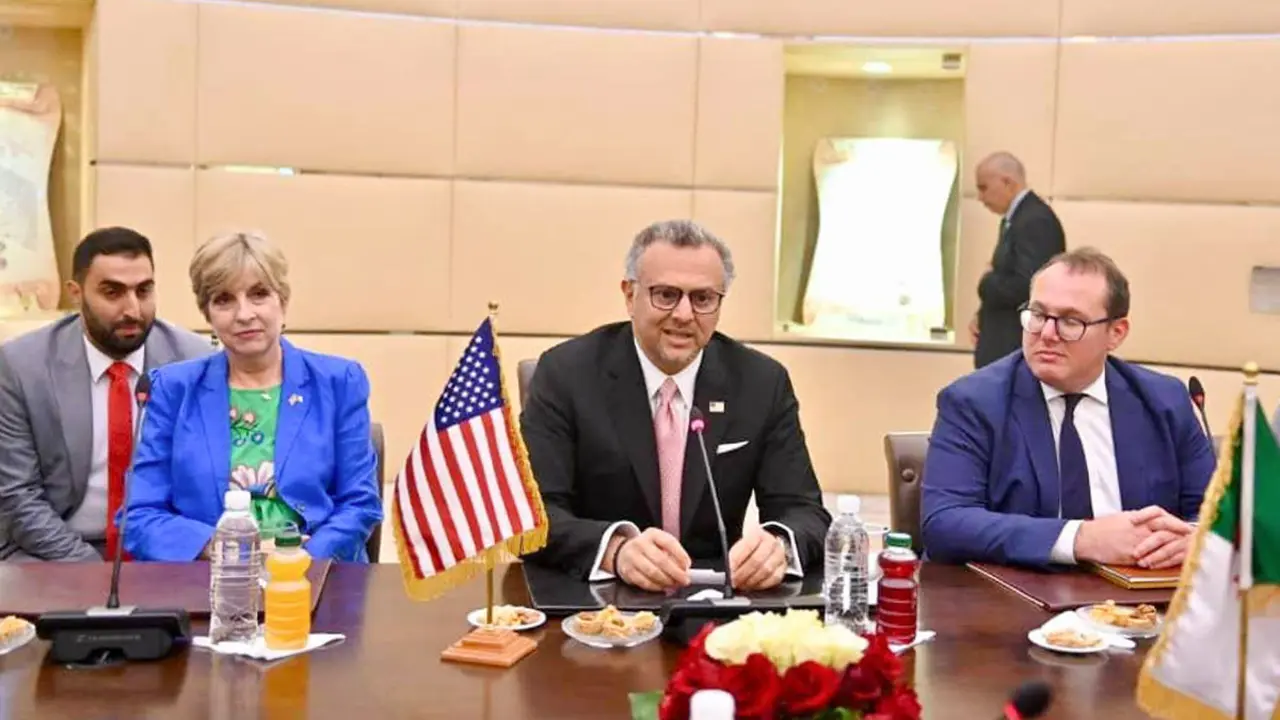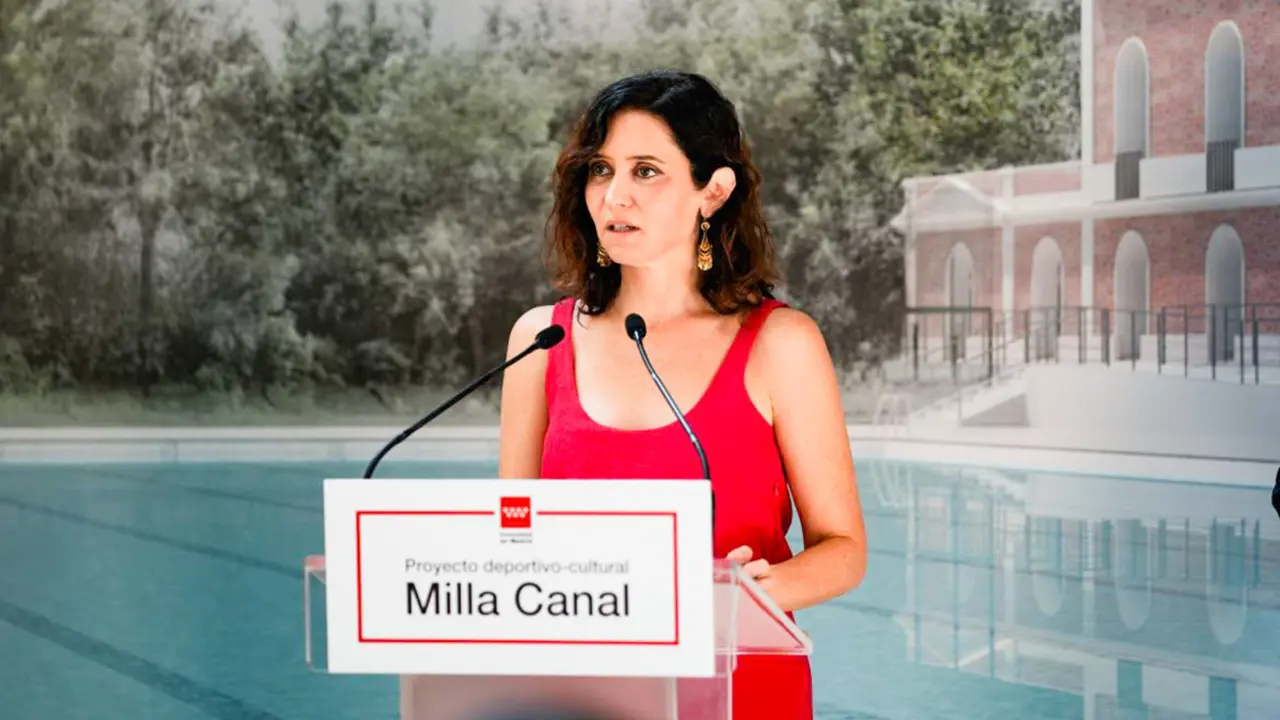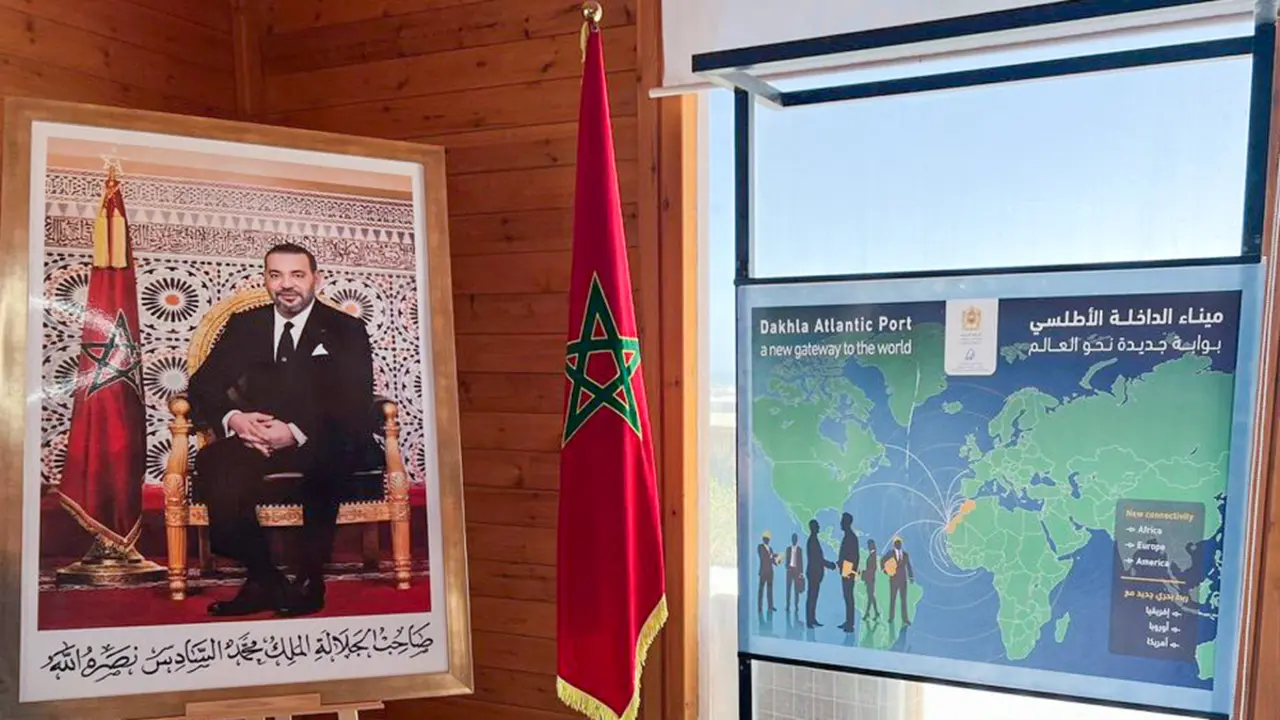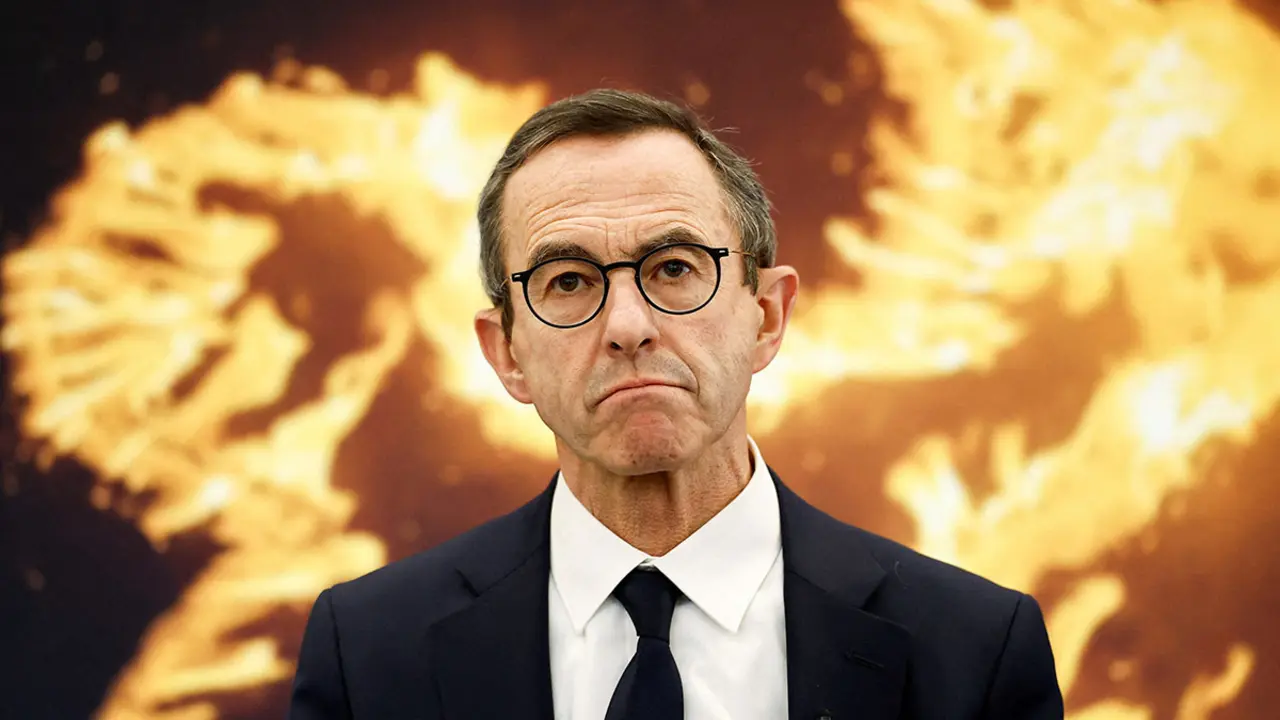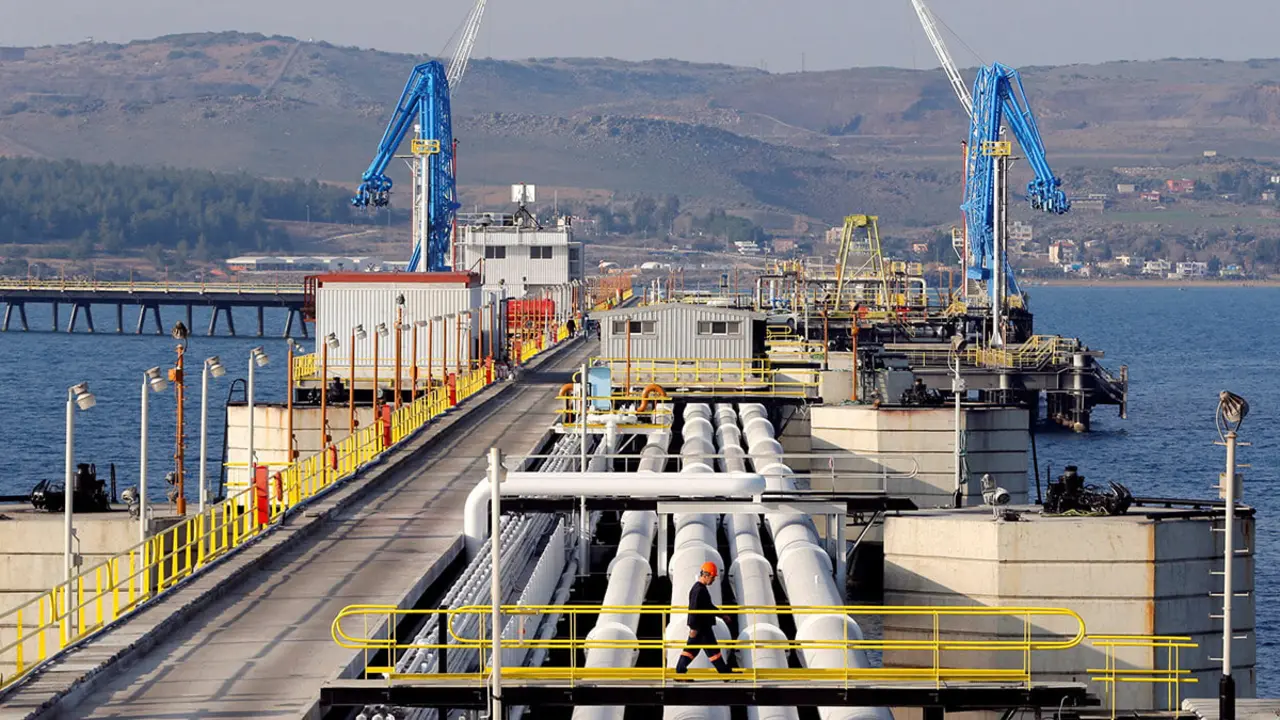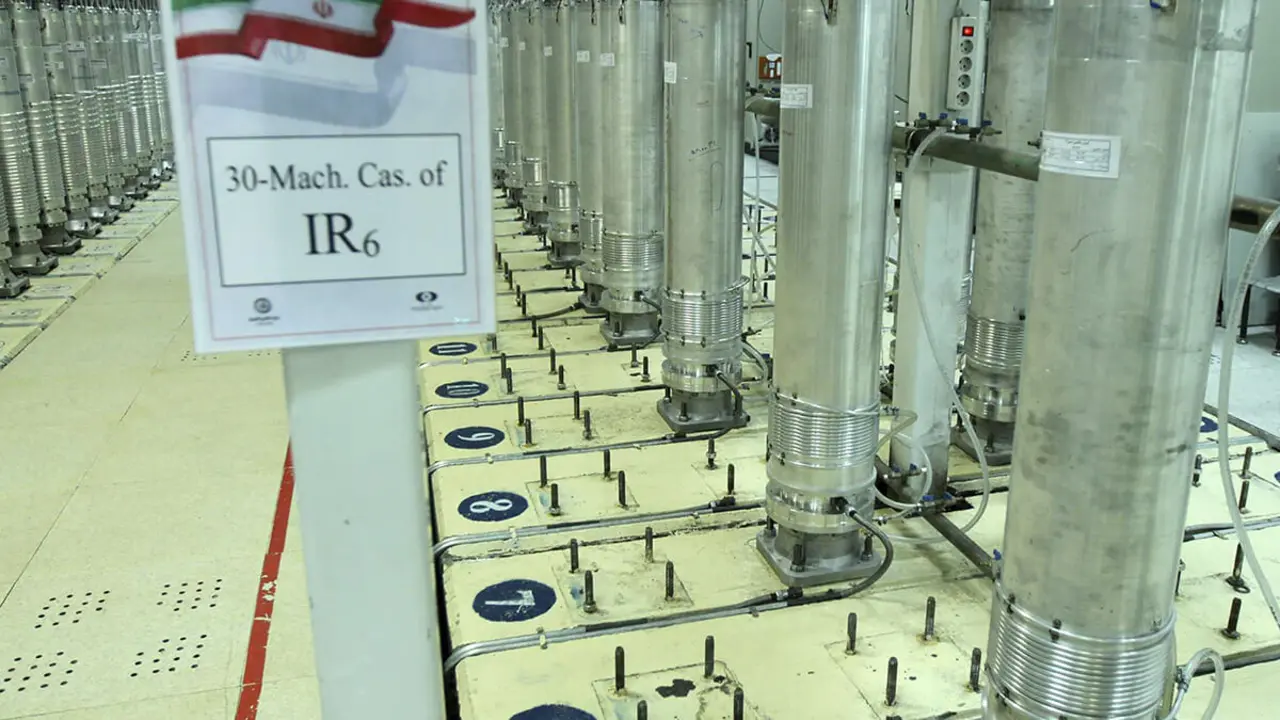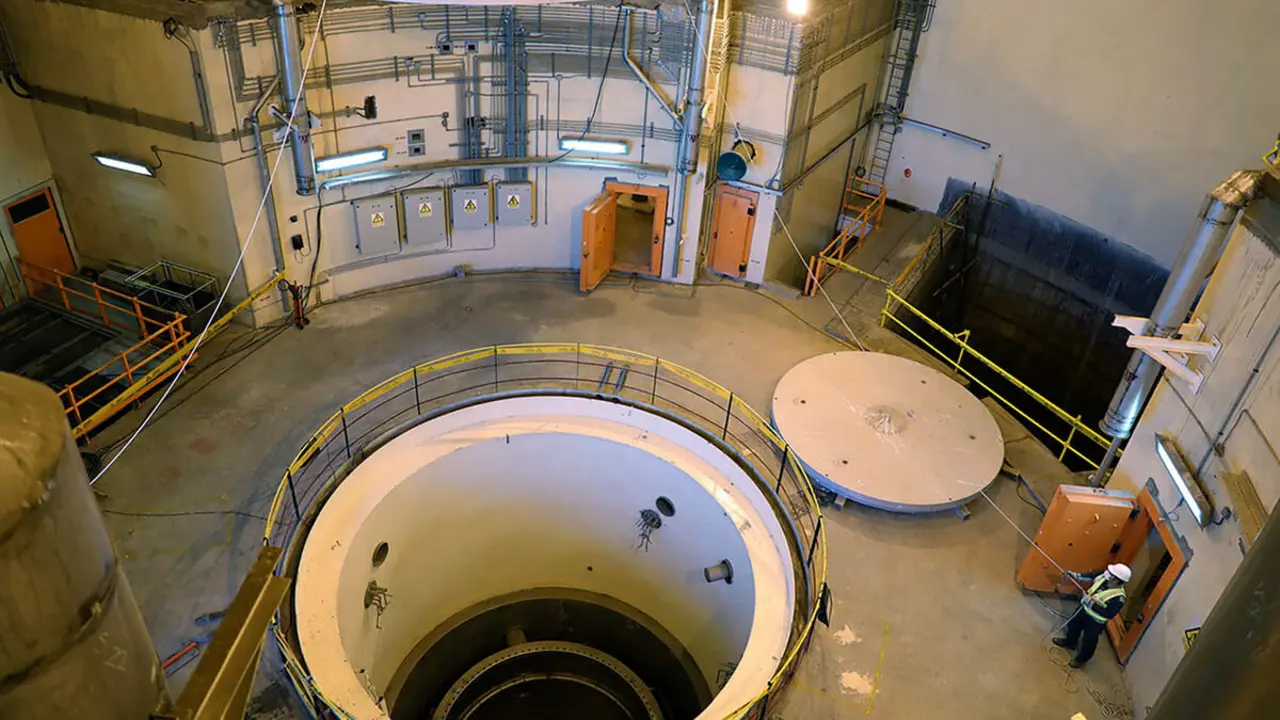Paris surprises Algiers with its support for the Sahara autonomy project under Moroccan sovereignty
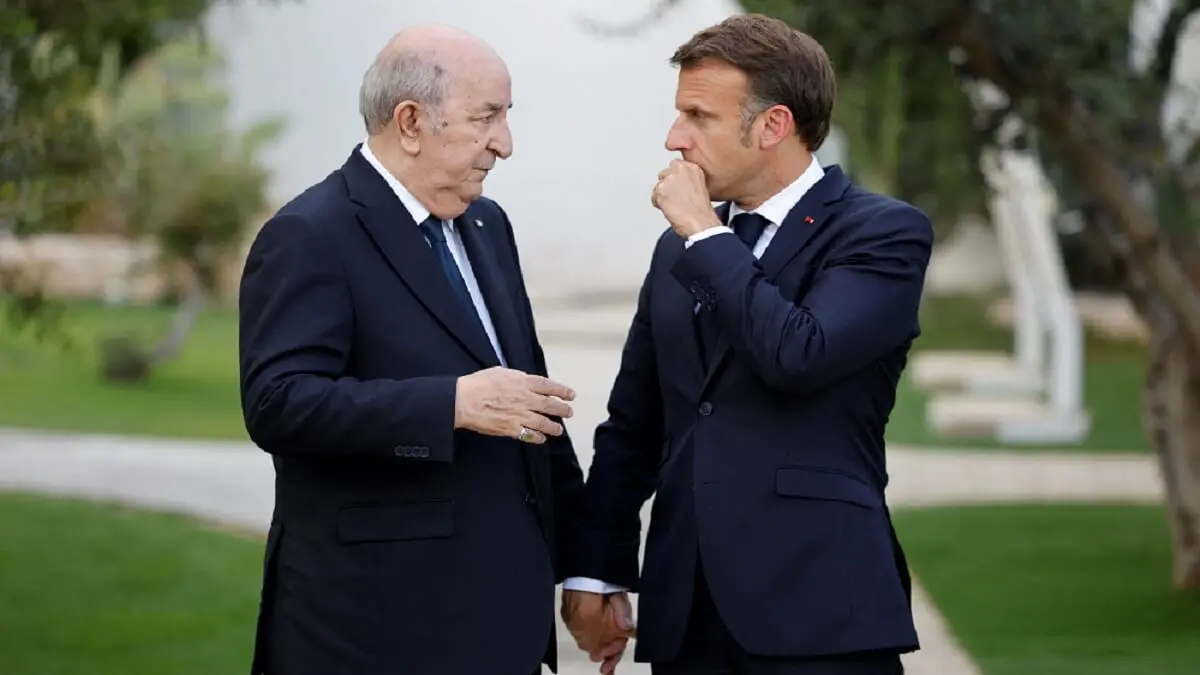
Completely stunned by what it described as an unexpected decision, Algiers took some time to come to its senses and react to the information it had received a few days earlier, as a communiqué from the Algerian Ministry of Foreign Affairs indicates. ‘The decision was officially communicated to the Algerian authorities by the French authorities in the last few days’.
Reading the Algerian government's press release, it is easy to understand that the Algerian leaders did not see the coup coming and ran out of arguments to ‘denounce’ a decision by a sovereign state concerned first and foremost with its political, economic and strategic interests.
It is up to Algiers to ‘learn with great regret and deep disapproval of the unexpected decision (...)’. It is free to feel what it wants. But to describe the decision of a sovereign state as ‘inopportune and counterproductive’ is inexcusably disrespectful. Worse still, Algeria criticises Paris for having taken an ‘unequivocal and unambiguous position on the autonomy plan for Western Sahara within the framework of Moroccan sovereignty’. Since when is clarity of position a defect?

If the Algerian authorities did not expect this French decision, it is by no means France's fault. Algerian diplomats only had to pay attention to the statements made by French Foreign Minister Stéphane Séjourné in Morocco on 26 February 2024. He clearly stated that President Macron had instructed him to ‘invest in Franco-Moroccan relations’.
The head of French diplomacy, Stéphane Séjourné, reiterated Paris' “clear and constant support for the Moroccan autonomy plan for Western Sahara”, assuring that he “wants to move forward on this issue”. "This is an existential question for Morocco. We know that (...). The time has come to move forward. I will deal with it personally’, the French minister declared at a press conference with his counterpart, Nasser Bourita, also announcing his “will to build a partnership with Morocco for the next 30 years”. This came during a visit to Rabat, aimed at reviving ties between the two countries after a series of diplomatic crises. Two countries that know how to put an end to political crises, unlike Algeria, whose leaders take pleasure in prolonging crises, evidently on purpose.
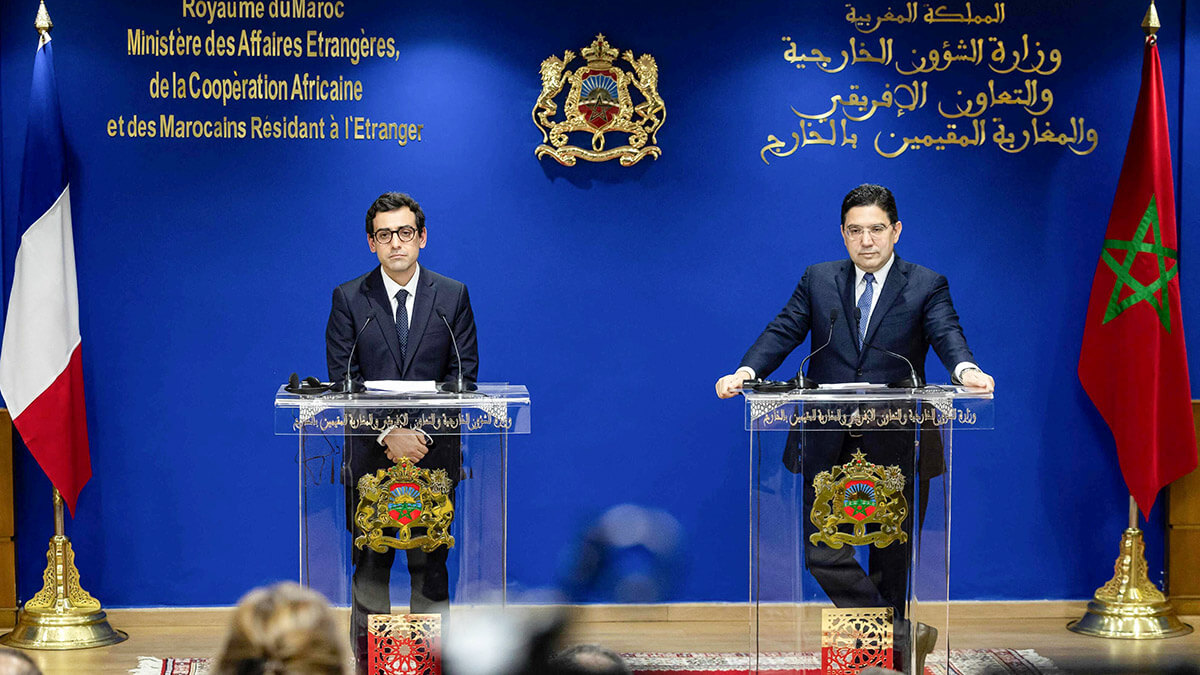
The French decision was not unexpected. It is difficult to understand Algiers' belated reaction. A clumsy reaction to which Paris refused to respond, preferring to ignore it.
In fact, the Algerian reaction to the French decision comes just days after comments made by the US ambassador to Algiers, Elizabeth Moore Aubin, on 18 July. In an interview with the Algerian news website La Patrie News, she stated: ‘Since 2008, the US position has been the same, because we consider the Moroccan autonomy plan to be a viable solution. We haven't changed our perspective on this at all in almost two decades’.
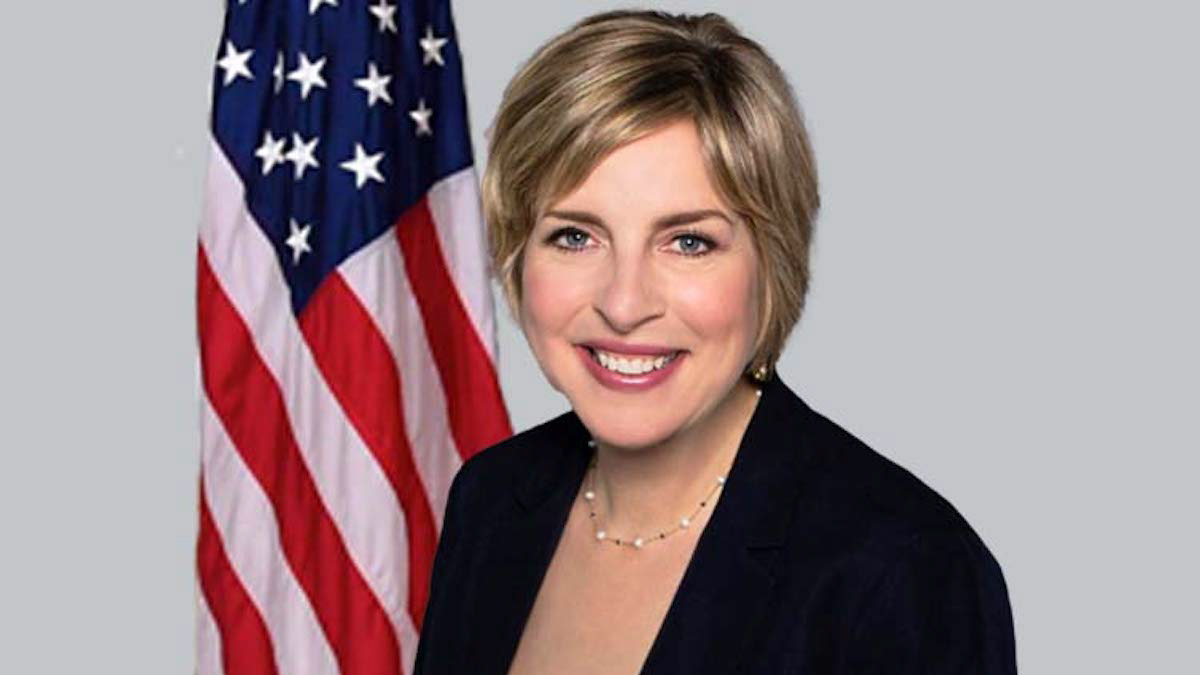
Algiers remained silent and did not react in any way. Two days after this statement, the US diplomatic representative in Algiers attended the audience granted by Algerian President Abdelmadjid Tebboune and his army chief of staff, General Saïd Chengriha, to AFRICOM commander General Michael Langley. The two senior officers did not raise the slightest protest. This shows that the Algerian regime applies double standards and does not act on principle, as it claims. A regime that is angry with the Spanish and the French, but does not bat an eyelid at the Americans and the Gulf Arab monarchies, which have opened consulates in Laayoune and Dakhla. As if nothing had happened.
It should also be recalled that the Algerian regime, which has made the Saharawi question a ‘sacred cause’, did not deign to utter a word on the subject during the Arab League summit in Algiers in November 2022. And when the geographical map of Morocco was cut off from its southern regions, the Algerian organisers quickly complied with the orders of the representatives of the participating countries, apologising and claiming that it was a technical error. A far cry from the vitriolic statements contained in the Algerian Foreign Ministry's latest press release.


